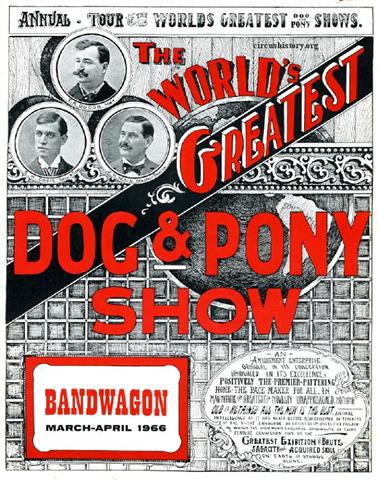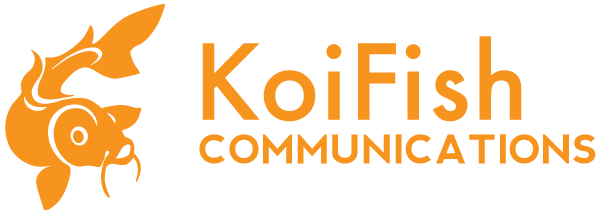
To get the right answers you need to ask the right questions — a great RFP can make all the difference



